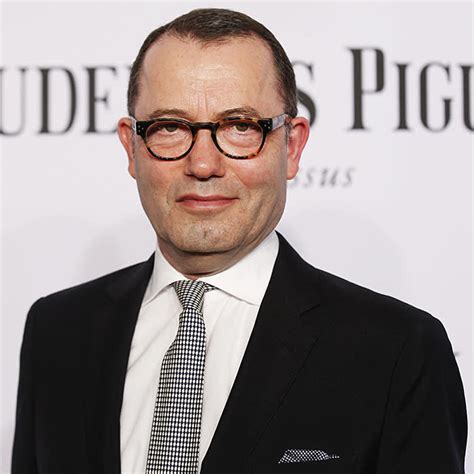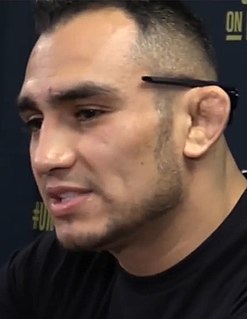A Quote by Angela Lansbury
Unfortunately, because the theater is always a poor relation when it comes to making the nut, it's not easy to get the audience in to see a play, unless you have a name that is recognizable, that the audience wants to see and is prepared to pay the $125 to see.
Related Quotes
You play with the audience, and they play back with you. They get into it, and then everybody gets into it. I don't want to be like a monkey on stage and just go through the motions because then it wouldn't be fun anymore. I just pay attention to the audience and appreciate the fact that somebody wants to see us. That gets me psyched.
Plays have a celebratory nature that no other form has. Theater always meant celebration, a birthday, a reward for good grades. I felt at home in a theater. I loved being part of an audience. All the rules - the audience has to see the play on a certain date at a certain time in a certain place in a certain seat.
Making a show is also economics. Because the irony is, or the shame of it is, you cannot create a show instantaneously. It needs to be massaged. You need to see who is relating to who. How is it working with the audience? You need to give it a chance for the audience to find it, because there are so many outlets. And the audience doesn't know where to go.
I've had a long association with the theater over the years but I had never produced a play and it was something that I'd always wanted to do.The movies moved away from dramas, and I think that I'm very excited by the opportunity to take smart writing that takes risks and see it on stage. It's exciting to see that engagement between the audience and the playwright.
Whoever writes a bad review, I put their name on a list, and they're going to get taken care of one day down the road. Otherwise, I don't let it bother me. The truth is, these are review-proof movies. The audiences are going to see it. My audience, our audience, isn't reading Esquire magazine to see if my movie is good or not. They just want to laugh, to be entertained, and lose themselves.
Everybody wants to see this fight. Everybody wants to see these fireworks. They want to see that explosiveness. They want to see me throw Khabib on his back and get that five-point motion with this U.S.A. wrestling. Because if wrestling was easy, it would be called Sambo, my friend. Straight up, I'm going mop that dude up.
I enjoy journalism; anybody does. You see the results immediately; you've got an immediate audience instead of having to wait for your audience as you do if you're writing a book, and you get a bit of money coming in, and you can see more clearly how you're paying the bills. But it's not a good position for the serious novelist to be in.



































